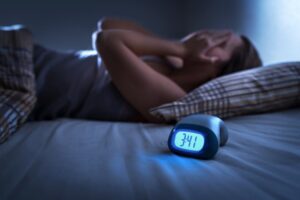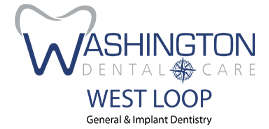
Sleep apnea is increasingly being diagnosed worldwide, and for good reason. This common but serious sleep disorder affects millions of people and can significantly impact long-term health and quality of life. As awareness grows and screening improves, more individuals are receiving proper diagnosis and treatment. But beyond better detection, other factors — including lifestyle and environmental changes — suggest that sleep apnea is genuinely on the rise.
What is Sleep Apnea?
Sleep apnea is a condition where breathing repeatedly stops and starts during sleep. The most common form, obstructive sleep apnea (OSA), occurs when throat muscles relax too much and block the airway. This disruption can lead to poor sleep quality, daytime fatigue, and increased risks of heart disease, high blood pressure, stroke, and type 2 diabetes.
What’s Driving the Increase?
Rising Obesity Rates
One of the strongest links to sleep apnea is excess body weight. Fat deposits around the upper airway can obstruct breathing, especially during sleep. As obesity becomes more prevalent worldwide, so too does the risk for OSA. In fact, more than half of all people with sleep apnea are overweight or obese.
Better Awareness and Screening
In the past, many people went undiagnosed because they weren’t aware of the symptoms or they dismissed snoring and fatigue as normal. Today, public awareness is much higher, and doctors are more likely to screen for sleep disorders during regular health visits. Home sleep studies and wearable health devices have also made detection easier and more accessible.
Aging Population
Sleep apnea is more common in older adults, and with the global population living longer, age-related cases are rising. Muscle tone naturally decreases with age, including the muscles that help keep your airway open at night. This puts older adults at a higher risk of developing sleep apnea, especially if they have other health conditions.
Environmental Factors
Interestingly, emerging research suggests that rising nighttime temperatures due to climate change may also contribute to an increased risk of sleep apnea. Warmer nights can worsen sleep quality, increase nighttime awakenings, and even aggravate breathing irregularities — particularly in people already at risk.
Why Early Diagnosis Matters
Untreated sleep apnea can have serious health consequences. Aside from chronic fatigue, it can strain your cardiovascular system, raise blood pressure, and increase your risk of metabolic disorders. There’s also a strong connection between sleep apnea and cognitive decline, anxiety, and depression. The earlier the condition is diagnosed and treated, the better your chances of avoiding complications.
Sleep apnea isn’t just more visible now — it truly is on the rise. With obesity levels climbing, the population aging, and environmental shifts playing a role, more people than ever are at risk. If you or a loved one snores loudly, feels excessively tired during the day, or wakes up gasping for air, talk to a healthcare provider. A sleep study may be the first step toward better health and better rest.
About the Practice
Do you snore at night? Is daytime fatigue hindering you from being your best self? You don’t have to suffer – let the experts at Washington Dental Care improve your rest with sleep apnea treatment. We provide custom made oral appliances to keep you breathing normal at night so you can get to sleep and stay that way. Our professionals utilize a CBCT scanner to evaluate the airway and get quick results through non-invasive means. Ready to get your rest back? Schedule your appointment online or call our Chicago office at (312) 766-5412.



